Spain, Portugal and southern France went dark. What did we learn?
You know it’s serious when even WhatsApp stops working. On 28 April 2025, just after half past noon, much of the Iberian Peninsula plunged into an unexpected blackout. Daily life came to a halt across Spain, Portugal, Andorra, and parts of southern France. What began as an abrupt interruption quickly became a collective experience—reminding us how deeply we rely on electricity… and on neighbourly patience.
Beyond the anecdotes, the event raised a serious question: how prepared are we to face energy emergencies?
What caused the 28 April blackout?
According to Spain’s national grid operator, Red Eléctrica Española, a sudden 15-gigawatt drop in demand at 12:33 PM—about 60% of the total—created a massive imbalance between electricity generation and consumption. As a safety measure, Spain and Portugal were automatically disconnected from the European grid.
Though investigations are ongoing, early reports suggest several possible causes:
- Unusual atmospheric conditions: extreme temperature variations may have destabilised high-voltage lines.
- A suspected fire in southwest France, affecting key infrastructure (not yet officially confirmed).
- Cyberattack: under investigation by INCIBE (Spain’s National Cybersecurity Institute), but ruled out by the government on 29 February 2025.
Power began to return gradually by region during the afternoon, and by midnight, much of the supply was restored. For official updates, users turned to Red Eléctrica Española.
Nationwide impact: when everything stops working
The blackout triggered a domino effect across the country:
- 🚆 Rail transport: metros, trams, and regional trains were suspended, with widespread delays and cancellations.
- ✈️ Airports: operating on backup generators, facing flight delays and disruptions.
- 🚦 Urban traffic: major junctions in Madrid, Barcelona and Valencia were gridlocked as traffic lights failed.
- 📱 Communications: mobile networks overloaded or went offline; internet became patchy.
- 🏥 Healthcare: hospitals ran on emergency power, prioritising critical care.
- 🛍️ Retail: many shops closed early; card payments and tills were out of action.
- 🏧 Banking: ATMs were down; no transactions were possible.
Costa Blanca: Mediterranean spirit and neighbourly creativity
In Alicante province, a sunny spring day quickly turned into a test of patience and ingenuity:
- Traffic lights out? Roundabouts became polite negotiation zones.
- Supermarkets like Mercadona, Carrefour and Lidl saw crowds snapping up bottled water, tinned food and batteries.
- Many local shops simply shut early.
- With mobile networks down, it felt like a leap back to the pre-smartphone age.
- Expat communities rallied, organising info-sharing groups and distributing water and power banks.
- Beach bars (chiringuitos) got creative: gas, coal and wood-fired grills saved the day.
Even in crisis, the Mediterranean lifestyle shines through. With sunshine and good company, inventive solutions are never far behind.
So a blackout never catches you off guard again
Surprises are easier to handle when you’re ready. Here’s your practical guide:
Before the blackout:
- Keep mobile devices charged; don’t wait until 1%.
- Assemble an emergency kit:
- Torch and spare batteries or solar chargers
- Battery-powered FM radio
- Bottled water (at least 2L per person per day)
- Tinned food, essential medicines
- Important documents in waterproof bags
- Set a family meeting point and communication plan.
- Know how to shut off your gas, water, and electricity mains.
During the blackout:
- Activate power-saving mode on all devices.
- Unplug sensitive electronics.
- Keep the fridge and freezer closed.
- Use emergency lighting for safety.
- Coordinate with neighbours: share resources and updates.
- Avoid using lifts and unnecessary travel.
- Tune in to an official radio station.
After the blackout:
- Check installations before switching devices back on.
- Reconnect appliances gradually to prevent overload.
- Inspect refrigerated food—when in doubt, throw it out.
- Replenish your emergency kit.
💡 Insurance claims tip: Document everything—damaged devices, spoiled food, repair costs. Save receipts and take clear photos.
A lesson in energy resilience
In 2024, European Commission President Ursula von der Leyen urged all EU households to keep basic emergency kits. The 2025 blackout proved that wasn’t just bureaucratic fuss.
While we trust in our national infrastructure, events like this underline the value of self-reliance, community support, and staying calm under pressure.
Spain’s government restored most power before midnight—an impressive feat—but it also has homework: strengthen prevention protocols, update contingency plans, and improve communication with the public.
With foresight, cooperation, and a dash of Mediterranean optimism, even a blackout becomes a shared memory under the stars.
FAQ
A sudden 15 GW drop in demand triggered the disconnection of Spain and Portugal from the European grid. Investigations are still ongoing.
It’s the total amount of electricity required at any given time. A serious imbalance between supply and demand can cause blackouts.
Drinking water, non-perishable food, flashlight, spare batteries, battery radio, basic medicines, power banks, cash, and vital documents.
If it smells burnt, doesn’t turn on, or malfunctions, don’t use it. Call a technician for inspection.
Definitely yes. Despite isolated incidents, Spain has solid infrastructure and a strong emergency response to ensure safety and quick recovery


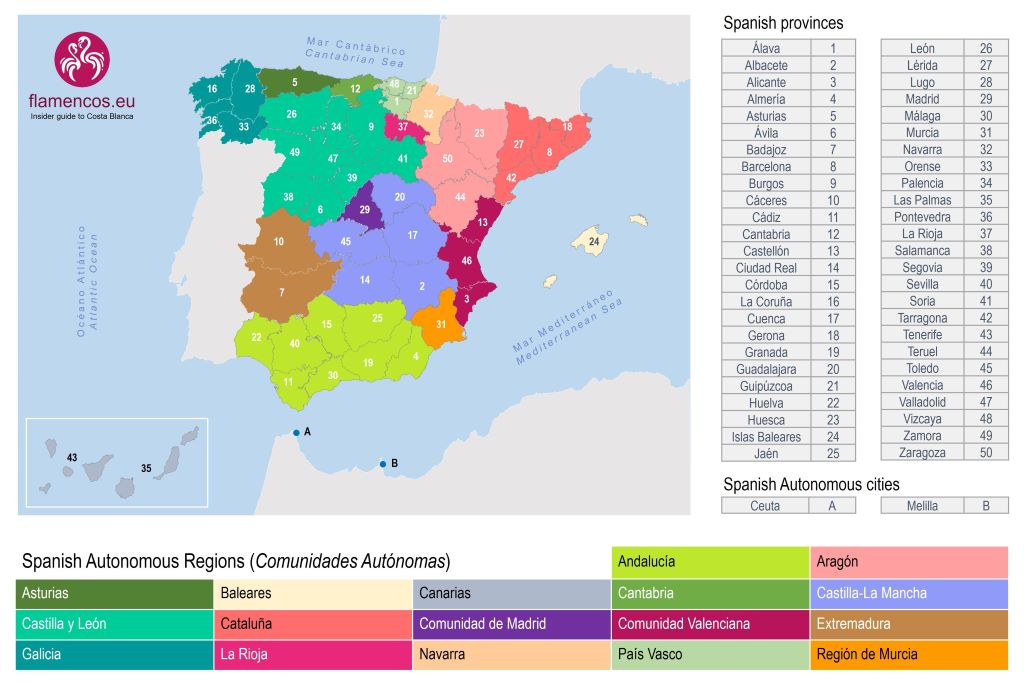
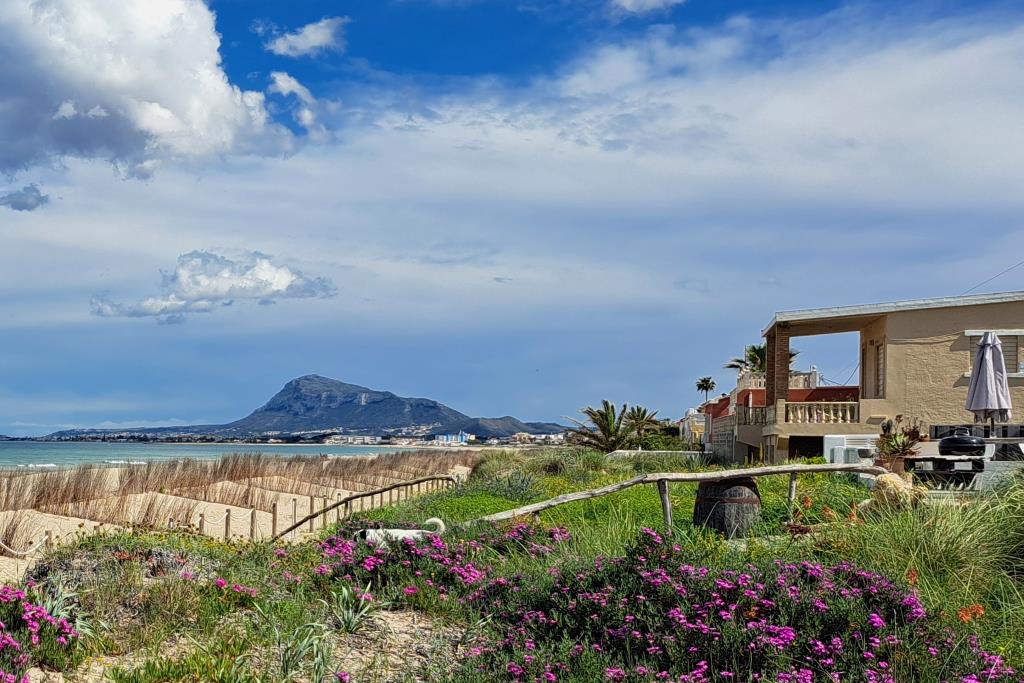
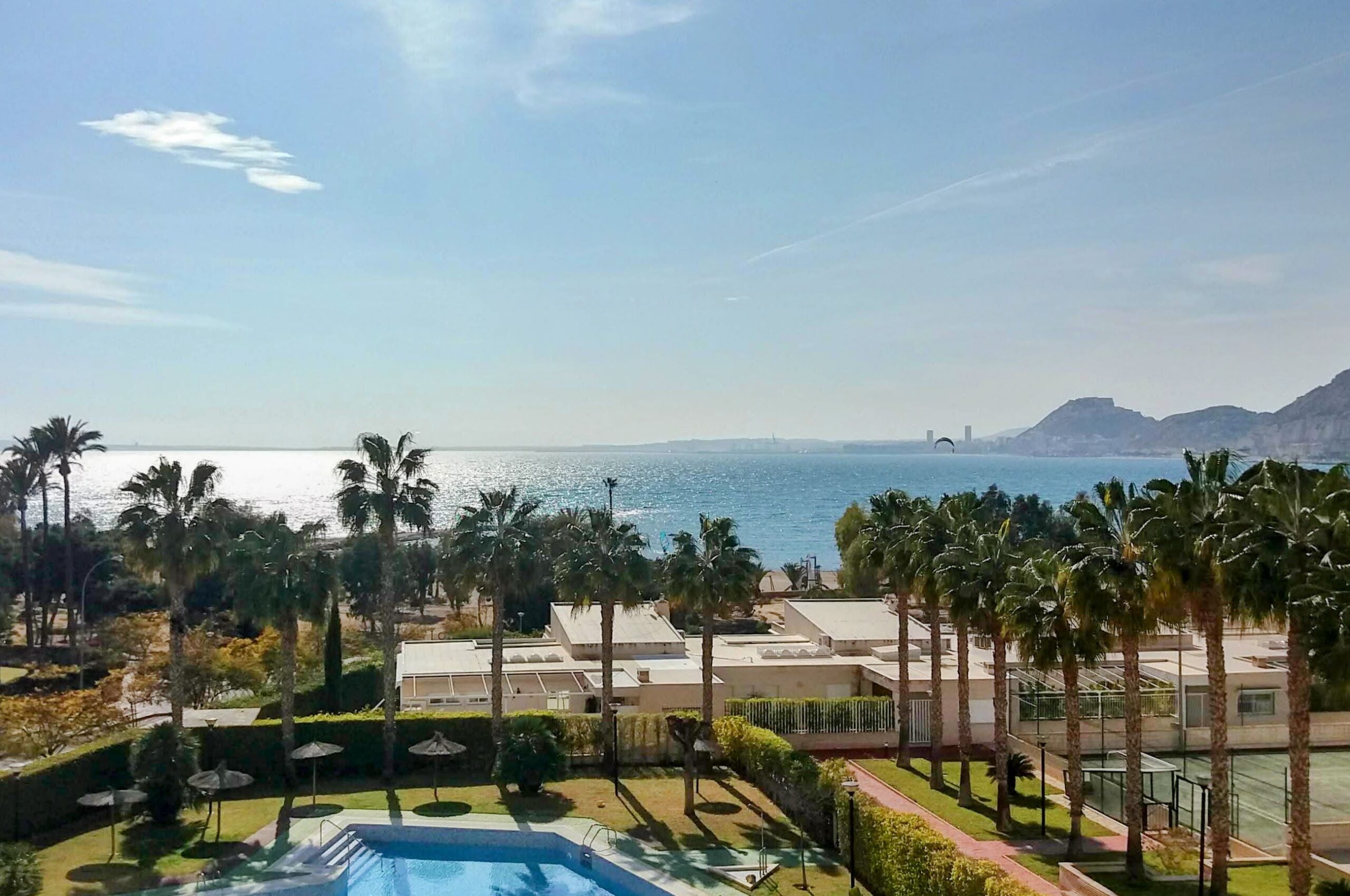
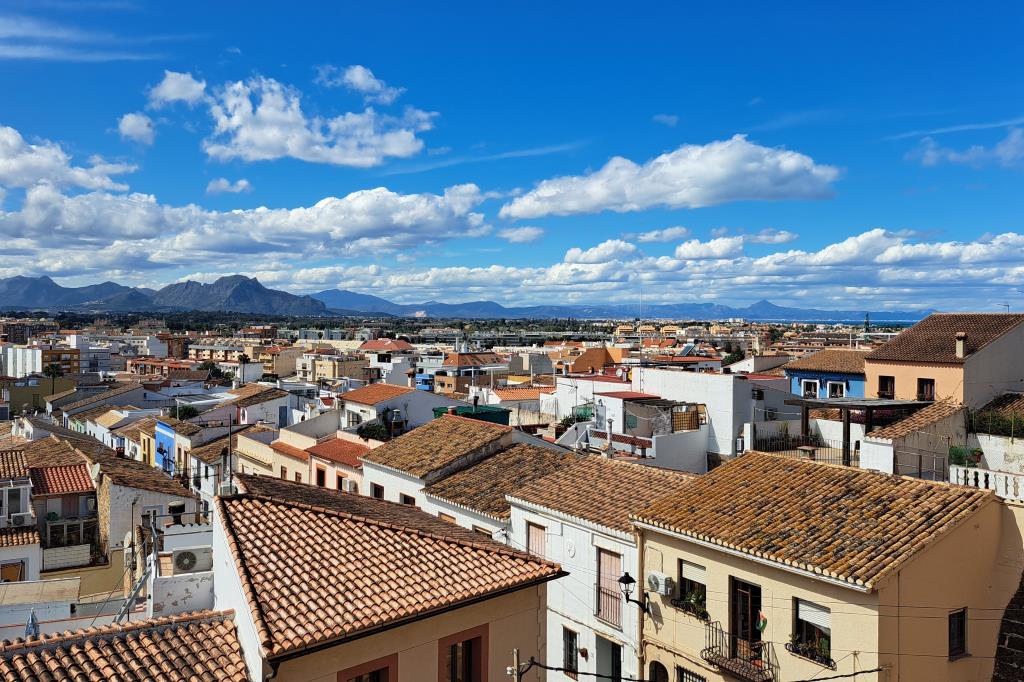
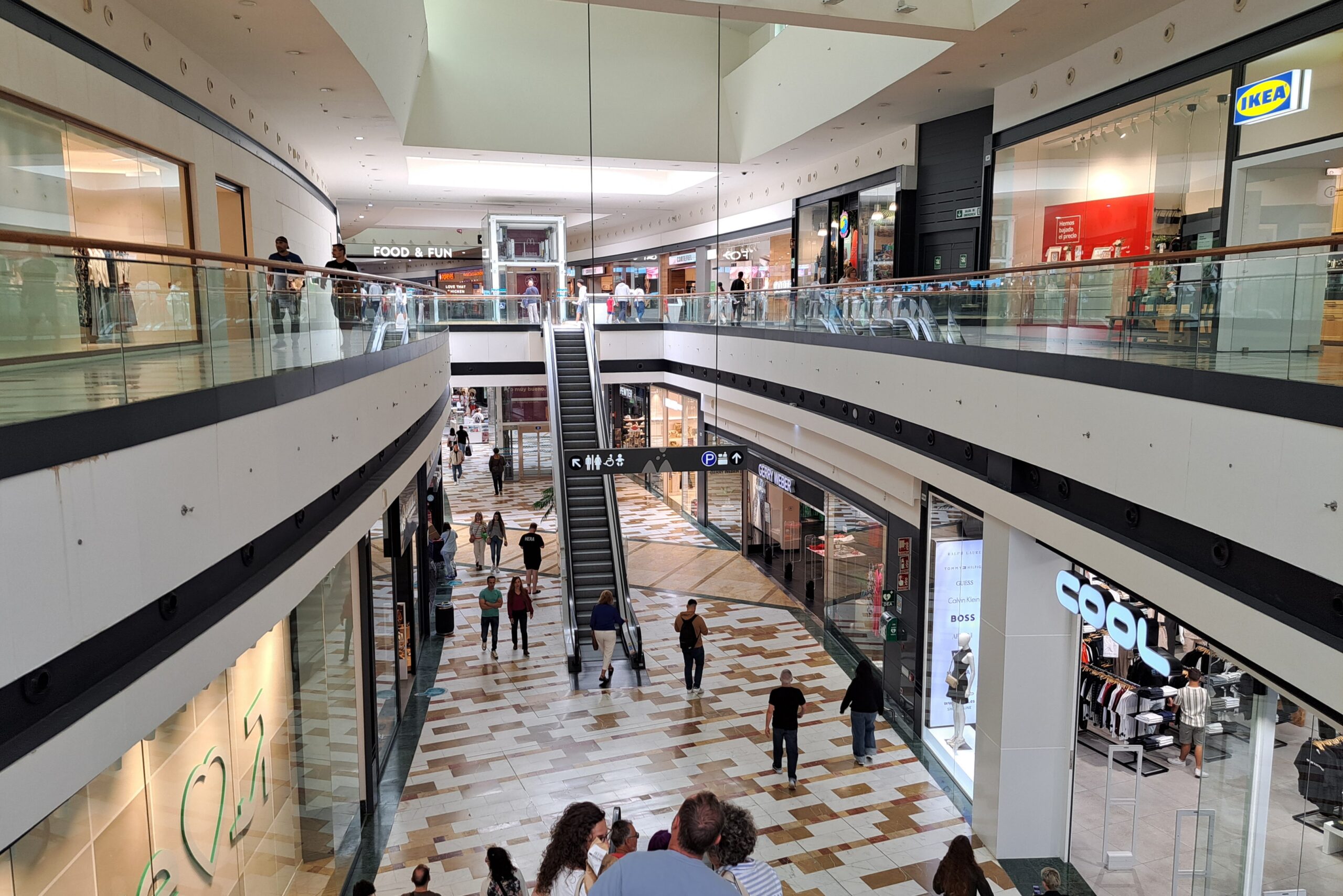

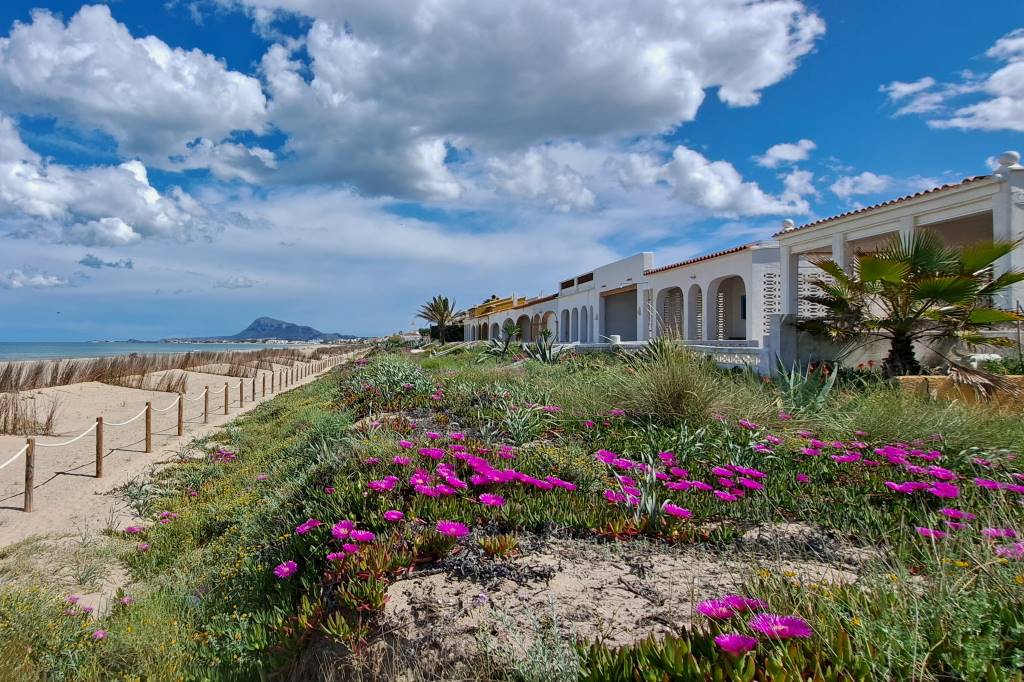

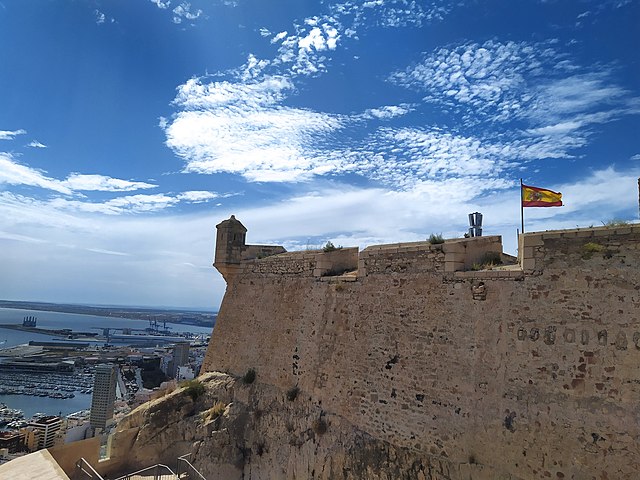
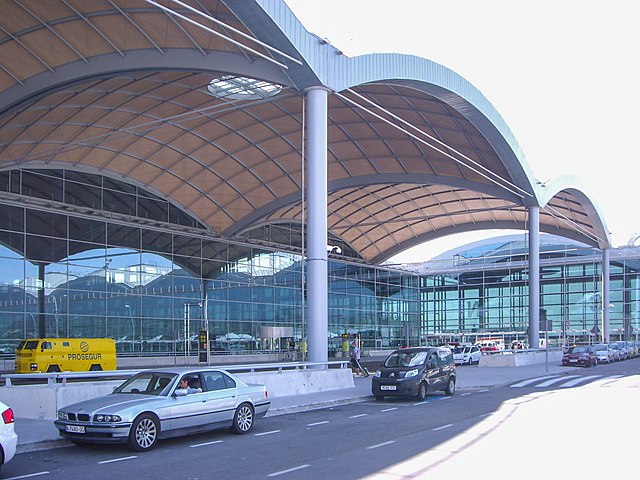
Leave a Reply
You must be logged in to post a comment.